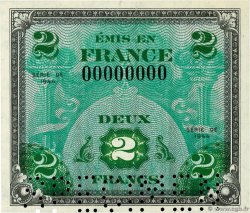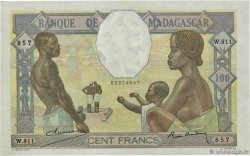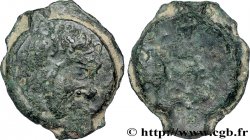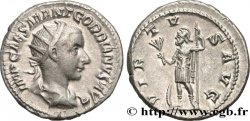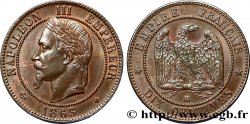Лицевая сторона
Аверс: легенда: ANÉPIGRAPHE.
Аверс: описание: Pégase volant à gauche ; foudre au-dessous, pas visible sur cet exemplaire .
Обратная сторона
Реверс: Описание: Tête d'Athéna à gauche, coiffée du casque corinthien.
Реверс: легенда: LOKRWN
Историческая справка
BRUTTIUM - LOCRI
(4th century BC)
Alexander the Molossus, King of Epirus
Lokroi Epizephyrioi (Locres) was founded in 690 BC by Locrian and Opontian settlers. The city, an ally of Syracuse, fell under the domination of Dionysius I in 388 BC. The city only regained its autonomy in 346 BC, when its coinage began. Its territory was one of the largest in Magna Graecia, and therefore vulnerable. The Locrians appealed to Alexander the Molossian, king of Epirus, to intervene in southern Italy against the Lucanian tribes and the Brettians. Alexander, installed in Locres, led several offensives before finding death in 330 BC in Pandosia. During the intervention of Pyrrhus, from 280 BC, in southern Italy at the behest of Taranto, Locri found itself to be the headquarters of the Epirote king. But after the king's departure in 277 BC, the Locrians entered the Roman alliance by helping drive out the Greek garrison. During the Second Punic War, Locri opened its doors to Hannibal in 216 BC after the disaster at Cannae and was one of the main supply ports for the Carthaginians. The city was finally taken by Scipio in 205 BC.









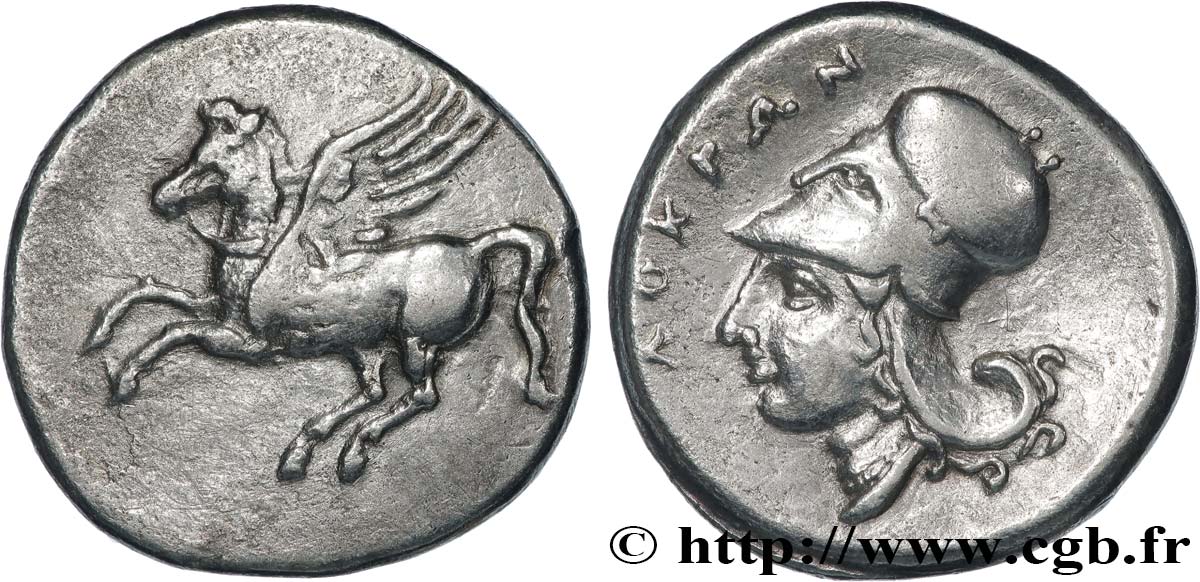
 Cообщить об ошибке
Cообщить об ошибке Распечатать страницу
Распечатать страницу Отправить мой выбор
Отправить мой выбор Задать вопрос
Задать вопрос Consign / sell
Consign / sell